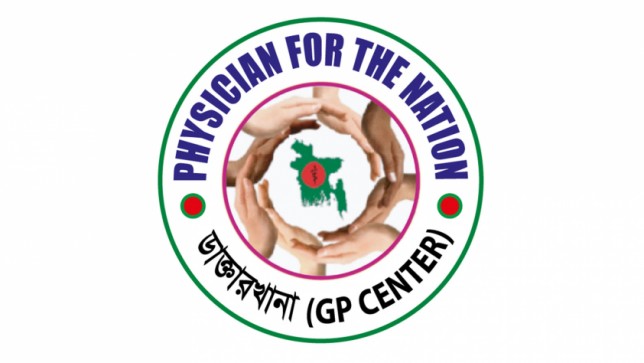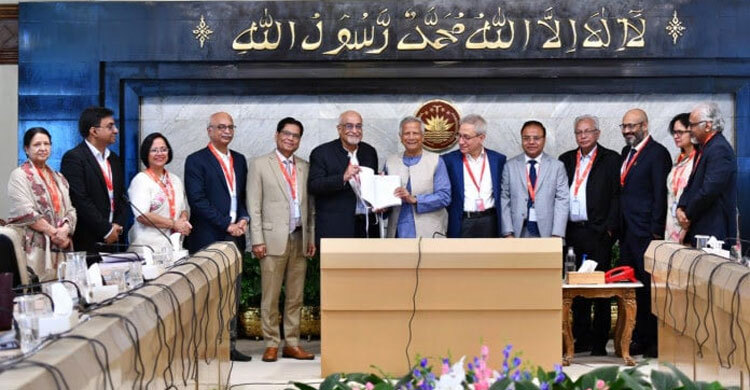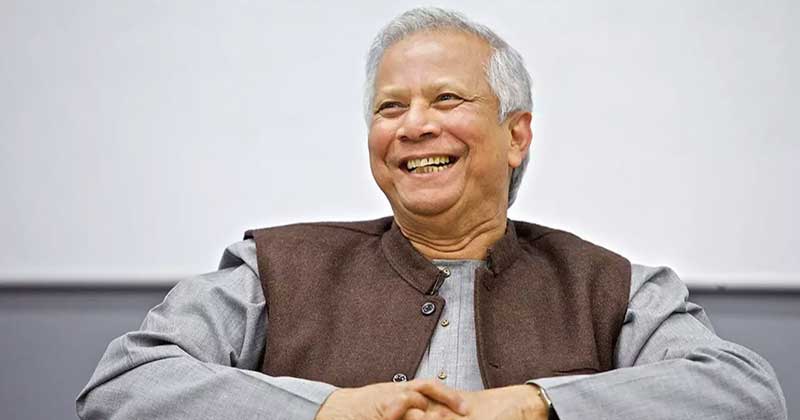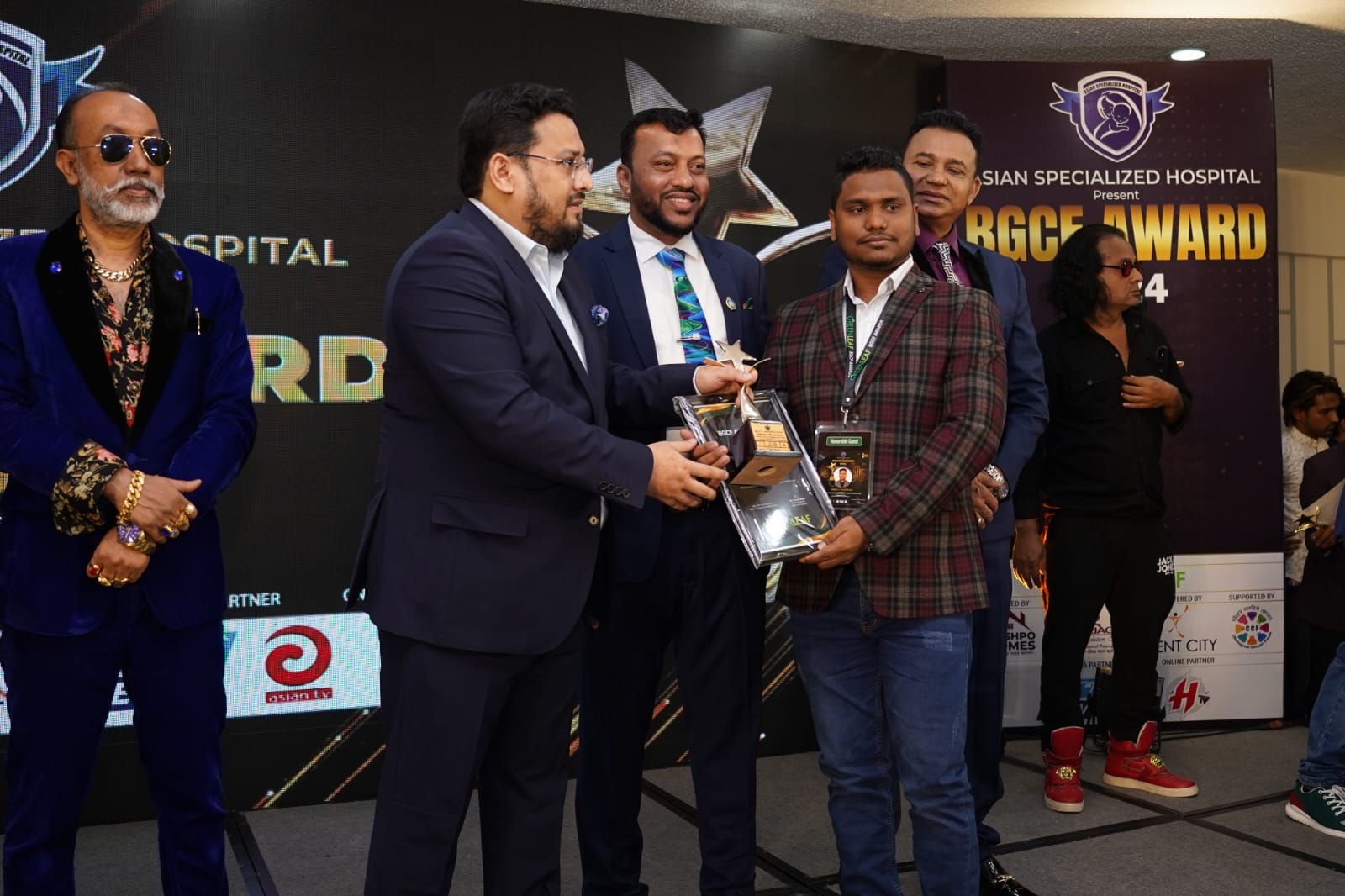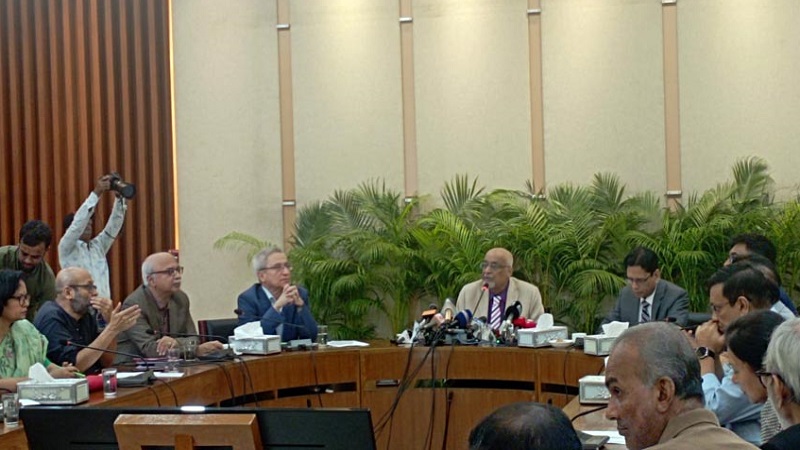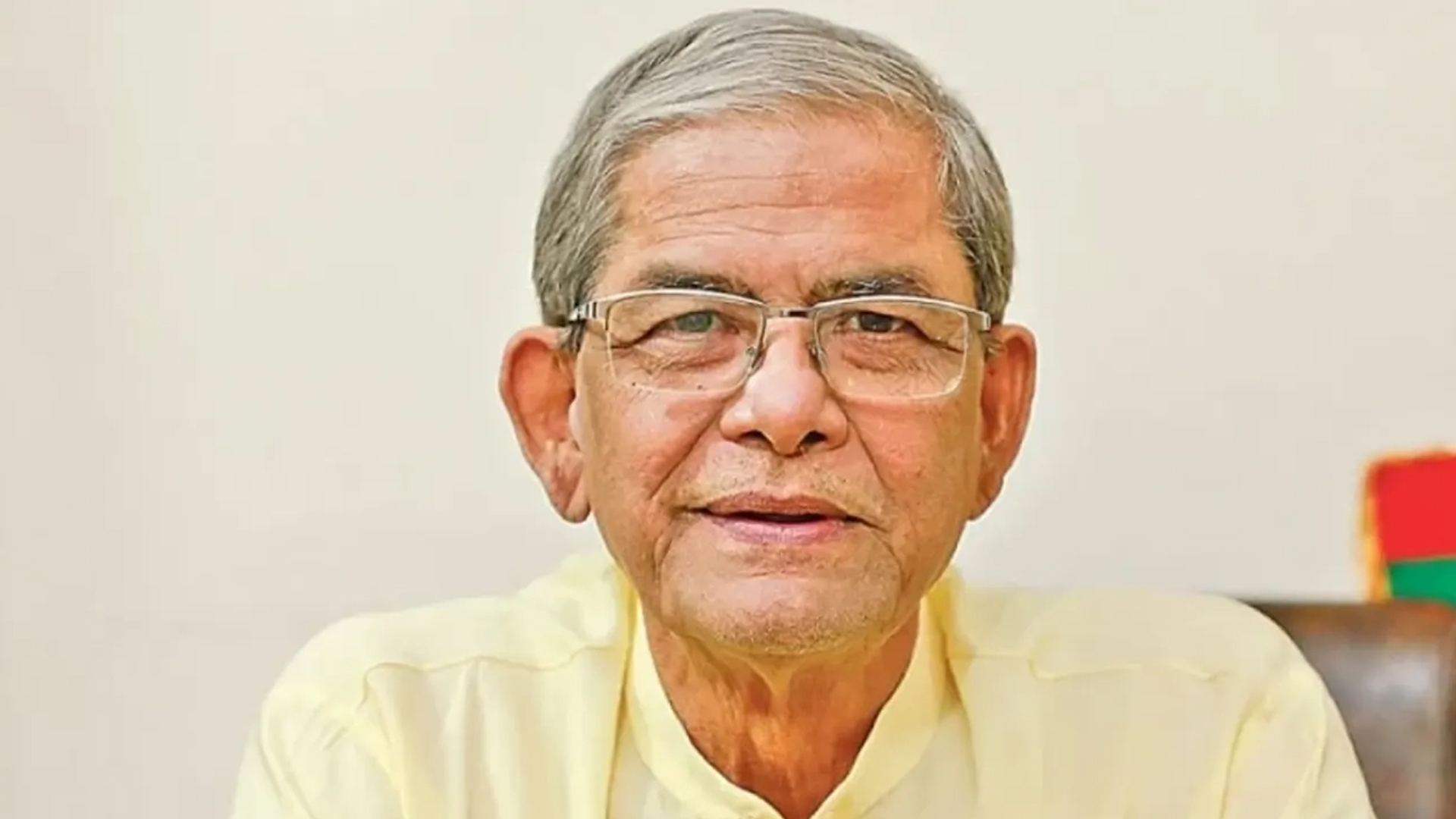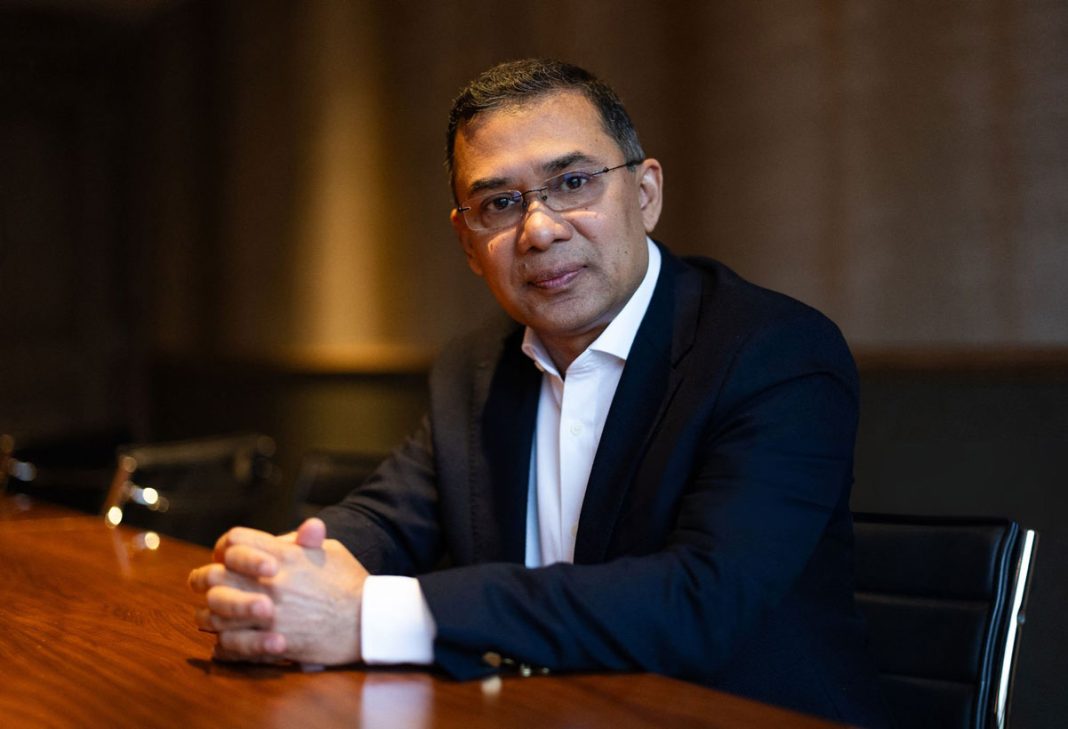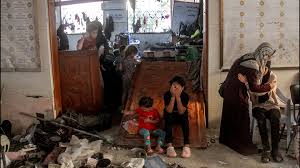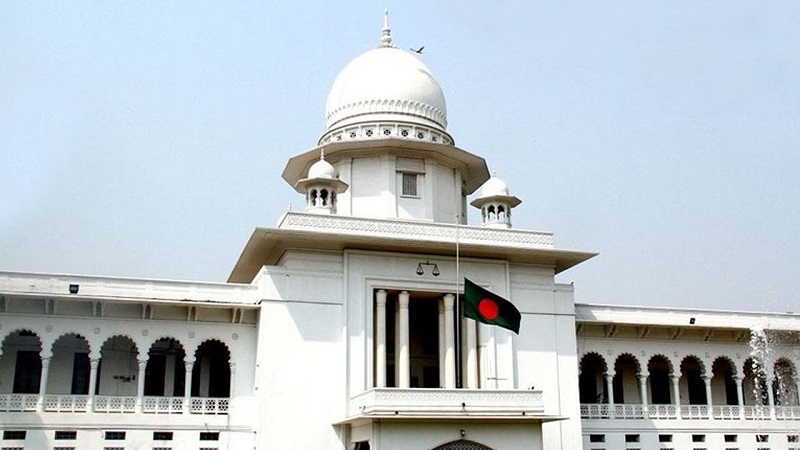When 50-year-old Md Shahjahan Khandaker was having an asthma attack last month, he was too afraid to go to hospital.
A businessman from Rangpur's Taantipara area, Shahjahan has been an asthma patient for the past few years. Even though he had no other symptoms of Covid-19 apart from shortness of breath, he was reluctant to go to a doctor, afraid of being a Covid-19 suspect and then being denied treatment.
However, when his condition deteriorated, his son Md Monsur Ali, took him to Daktarkhana -- the first general physician (GP) model in Bangladesh -- right next to their home. "The doctor there examined him and assured us that it was nothing related to Covid-19 and said that with the prescribed medicine, he would be fine."
A week after the first Daktarkhana visit, Shahjahan was all better without having to see a specialist or go to a hospital.
"The whole process cost me only Tk 200. If I took my father to a specialist or a hospital, it might have cost me thousands," said Monsur, adding, "I was amazed that the doctor gave us enough time in exchange for such a low cost."
"Without hesitation, I took my four-year-old daughter to the Daktarkhana as she was suffering from fever. With the prescribed medicine, she too was cured," Monsur said.
According to Dr Ratindra Nath Mondal, a medicine specialist and founder of Daktarkhana, in developed countries, each area has a GP centre, where people of that particular area can go and get primary medical consultation and treatment.
"In order to see a specialist, one needs to get reference from the GP centres. When and if the GPs fail to diagnose a disease or if a patient needs to see a specialist for the severity of the disease, the GPs can refer them to a specialist," he said.
"I have tried to replicate the model here in Bangladesh so that an overwhelming majority of our patients, who crowd specialist chambers or hospitals for a general diseases, can take treatment from our general physicians. This way, they can save both their time and money.
"At the same time, our specialists, who are overburdened with duties, can give proper time to critical patients at the hospitals and focus on emergency situations," said Ratindra Nath.
Besides, since Bangladesh has no specialist field for general physicians, and every year, a large number of new graduate doctors fight for employment, Daktarkhana has been helping the new doctors with employment.
Newly graduated students, who have an MBBS degree and are registered as a doctor under Bangladesh Medical and Dental Council (BM&DC), can take part in a four-day training called GPOC (general practice orientation course) by the General Physicians' Society. After training successfully, one can open a Daktarkhana branch with due permission.
"The training covers all areas so that they can treat all types of general diseases and give treatments to newborns and adults alike. They are also taught to counsel the patients about the possible side effects of the medicine they will prescribe and much more," he said.
"And most importantly, we advise them [the GPs] to give at least 15 minutes to hear the case history of every patient," the doctor said.
In metropolitan areas, one needs to pay Tk 200 for treatment, while in district and upazila level branches, they charge Tk 100 from the patients.
To open up a medical history record book, one needs to pay Tk 30, while the patients of district and upazila level need to pay Tk 20.
However, if someone is unable to bear the fee, Daktarkhana doctors provide with free treatment and medicine.
Since its inception on February 14 last year, it has established 70 branches around the country, while a total of 95 doctors have been offering treatment at Daktarkhana.
A total of 15 GPOC have been carried out countrywide, where a total of 3,250 doctors were trained.
Another positive aspect of Daktarkhana is that during the Covid-19 crisis, all their branches have been providing free telemedicine.
Laiju, a pregnant woman living in Mirpur-1 area, who had been doing her prenatal visits at the local Daktarkhana, continued her check-ups over phone with her doctor.
"I even called the doctor at 2:00am and he prescribed medicines and gave advice. I'm very grateful to him," she said.
Currently, Ratindra Nath is aiming to set up a branch for every 20,000 people and in every one kilometre area. "If there is one such branch in every area, only 15-20 percent of patients will need to go to specialists," he said.


